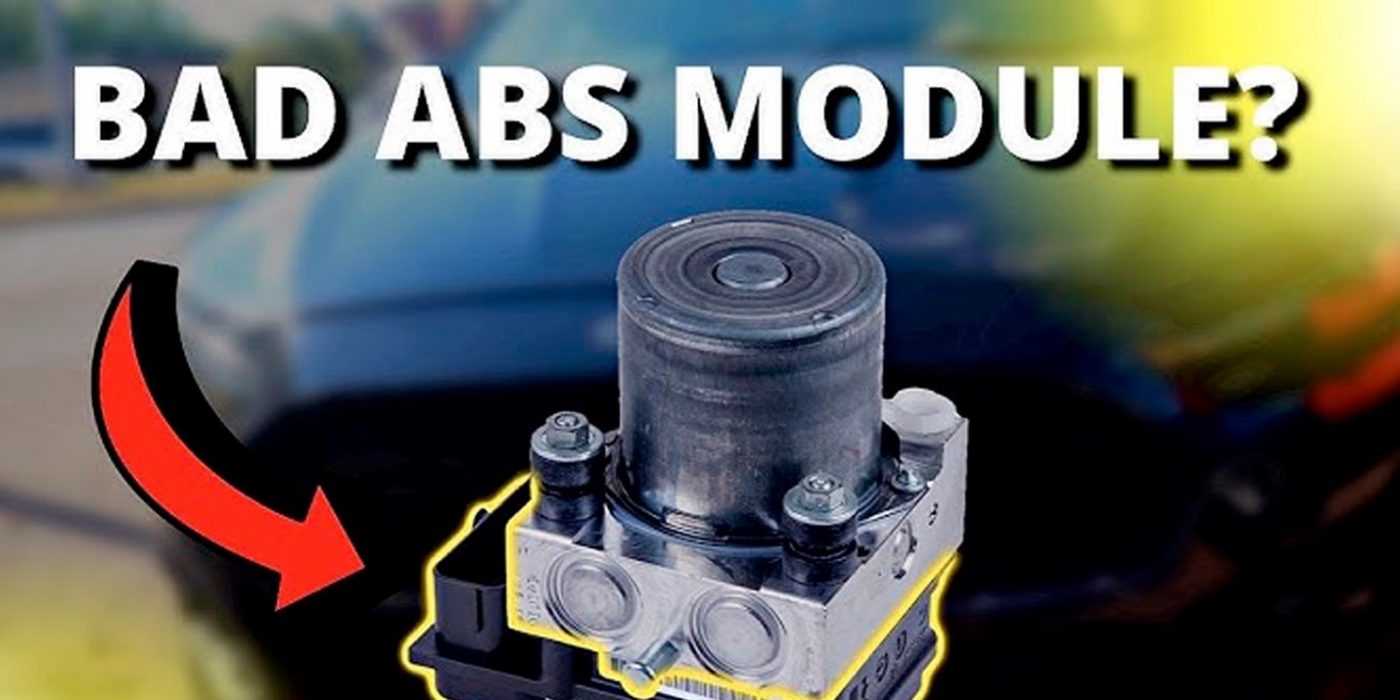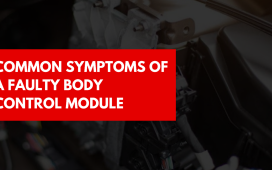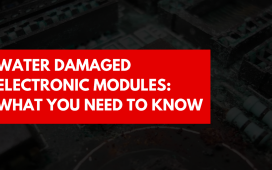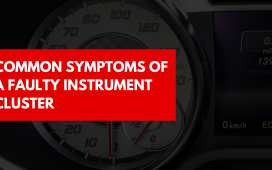This is part of our series of blog posts designed to help customers understand their vehicle better. Please keep in mind these are general descriptions of how these modules function. There are differences in many years and models, but generally the principles remain the same.
The Anti-lock Braking System (ABS) is a critical safety feature in modern vehicles, preventing wheel lock-up during hard braking and improving overall stability. When the ABS module or pump starts to fail, it can compromise braking performance and trigger warning lights on the dashboard. Here are some common symptoms of a faulty ABS module or ABS pump:
1. ABS Warning Light Stays On
One of the most obvious signs of ABS failure is the illumination of the ABS warning light on the dashboard. This can indicate issues with the module, pump, or wheel speed sensors.
2. Brakes Locking Up
If the ABS module is malfunctioning, it may fail to regulate brake pressure properly, leading to unintended wheel lock-up during braking, especially on slippery surfaces.
3. Unresponsive Brake Pedal
A failing ABS module can cause the brake pedal to become unresponsive or harder to press than usual. This may indicate an issue with the hydraulic pump or control module.
4. Increased Braking Distance
When the ABS system fails, the vehicle may take longer to come to a complete stop, increasing the risk of an accident, especially in emergency braking situations.
5. Pulsating Brake Pedal When Stopped
A properly functioning ABS system may cause the brake pedal to pulsate under heavy braking, but if you experience this sensation even when stopped or under normal braking, it may signal an ABS module or pump issue.
6. Speedometer Malfunctions
In some cases, ABS module failures can interfere with the vehicle’s speedometer, causing erratic readings or complete failure of the speed display.

Common ABS-Related DTCs (Diagnostic Trouble Codes)
When the ABS module or pump fails, it often stores diagnostic trouble codes (DTCs) in the vehicle’s ECU. Some of the most common DTCs include:
- C0265 – ABS Module Relay Circuit Malfunction
- C0110 – ABS Pump Motor Circuit Failure
- C1210 – ABS Control Module Internal Failure
- C1233 – Front Wheel Speed Sensor Signal Missing
- U0121 – Lost Communication with ABS Module
- C1380 – ABS Pressure Transducer Circuit Failure
Diagnostic Steps for a Suspected ABS Module Failure
If you suspect your ABS module is failing, follow these steps to diagnose the issue:
- Check for ABS Warning Light – If the ABS light is illuminated, use an OBD-II scanner to retrieve diagnostic trouble codes (DTCs) related to the ABS system.
- Inspect Wheel Speed Sensors – Faulty or dirty wheel speed sensors can cause ABS issues. Clean and check for any broken wires or loose connections.
- Test Brake Fluid Levels – Low or contaminated brake fluid can affect ABS functionality. Ensure the fluid is clean and at the correct level.
- Check Fuses and Relays – A blown fuse or a faulty relay may be the root cause of an ABS malfunction. Inspect and replace any damaged components.
- Listen for ABS Pump Activation – During braking, you should hear or feel the ABS pump engage. If the pump is silent or erratic, the module or pump may be defective.
- Perform a Visual Inspection of ABS Wiring and Connectors – Corrosion, loose connections, or damaged wires can interfere with ABS performance.
- Test ABS Module Communication – If the ABS module fails to communicate with a scanner or returns an internal failure code, it may need to be repaired or replaced.
XeMODeX: Your ABS Module Repair Experts
At XeMODeX, we specialize in diagnosing and repairing all types of ABS modules. With extensive experience in automotive electronics, we offer cost-effective solutions that restore full ABS functionality and ensure long-lasting performance. Unlike dealership replacements that require expensive new modules, our repair services provide a reliable alternative with a warranty-backed solution.
We currently service a wide range of ABS modules, and customers can check our website for available repair options. If your specific module isn’t listed, you can submit a Custom Request, and our team will evaluate whether we can develop a repair solution for your unit.
Visit www.xemodex.com to check out our products and services.
Looking specifically for an ABS module repair service? Check out our ABS services here:
US Customers click here: https://xemodex.com/us/abs-modules/
Canadian Customers click here: https://xemodex.ca/ca/abs-modules/









